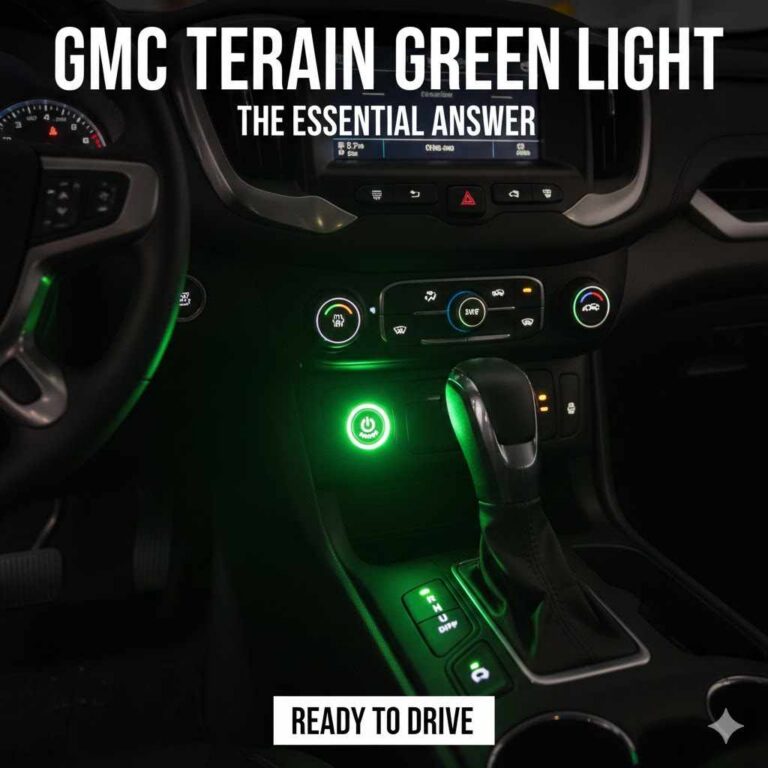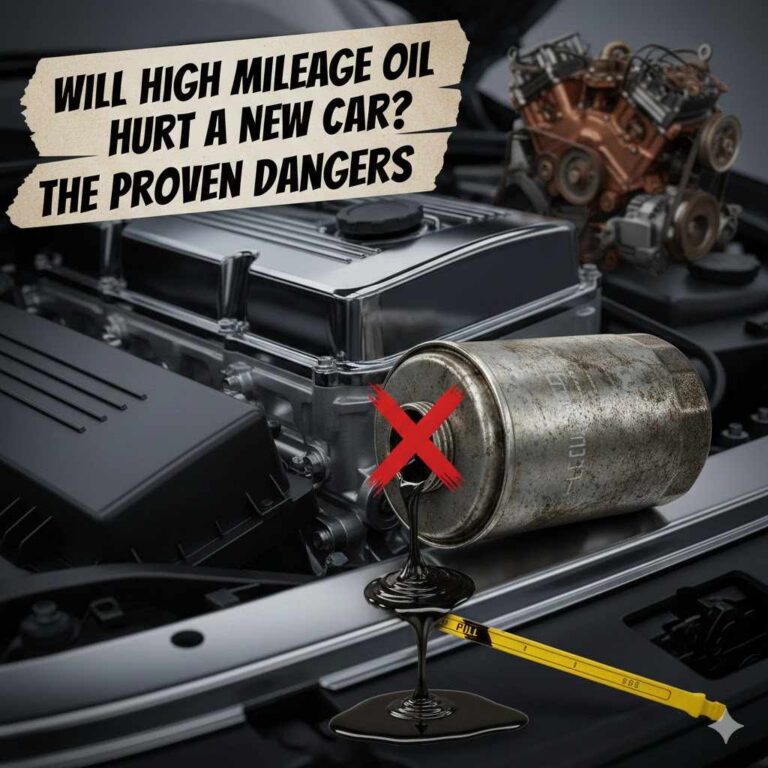Can I Tow a Car in Front of My House? Know Your Rights
Yes, you can tow a car in front of your house if it’s on your property. Make sure to check local laws and regulations regarding towing.
Towing a car in front of your house can be a tricky matter. Many homeowners face issues with abandoned or unauthorized vehicles parked nearby. Understanding your rights and responsibilities is essential. Local laws vary, so knowing your area’s regulations helps prevent potential fines or legal troubles.
It’s crucial to determine if the vehicle is on your property or public land. Communicating with neighbors can also resolve misunderstandings about parking. Taking the right steps ensures a smooth towing process and maintains a harmonious neighborhood environment. This guide will help you navigate the regulations effectively and provide solutions for unwanted vehicles.
Introduction To Towing Legality
Towing a car in front of your house can be confusing. Many people have misconceptions about the legality of towing. Some think it’s always allowed, while others believe it’s never okay. Local laws can vary widely. Always check your local ordinances before towing a vehicle.
Understanding the rules helps avoid misunderstandings. Some areas require permits for towing. Others may allow you to tow without permission. Knowing the specific regulations in your area is crucial.
| Misconception | Truth |
|---|---|
| It’s okay to tow any car. | Local laws dictate towing rules. |
| All neighbors can tow cars. | Only property owners may have towing rights. |
| Verbal consent is enough. | Written consent is often required. |
Local Parking Regulations
Local parking regulations can vary greatly. Understanding city ordinances is essential for residents. Some cities allow towing in certain situations. Check your local laws before towing a car.
Many areas have specific residential parking privileges. These rules help manage parking in neighborhoods. Some streets may restrict parking during certain hours. Always look for parking signs that provide details.
Contact your local city council for more information. They can clarify what is allowed. Knowing the rules can prevent fines and towing issues.
Public Vs. Private Property
Understanding towing rights is important for homeowners. Public property typically refers to streets and sidewalks. Here, local laws dictate towing rules. Private property includes driveways and yards. Homeowners have more control over these areas.
Homeowners can often decide who parks in front of their house. If a car is blocking access, they may call for a tow. Local regulations vary, so it’s wise to check local laws. Always communicate with neighbors about parking to avoid issues.
| Property Type | Towing Rights |
|---|---|
| Public Property | Regulated by local laws |
| Private Property | More control for homeowners |
Towing Laws And Homeowners
Many homeowners wonder about towing laws. Each state has its own towing policies. It’s important to know the rules where you live. Some states allow towing on private property. Others have specific guidelines for when towing can happen.
Homeowners can usually tow cars in front of their homes if:
- The car is parked without permission.
- The car blocks a driveway or entrance.
- Local laws support towing in that situation.
Always check your local laws. Doing so helps avoid conflicts with neighbors. Keeping a record of your complaints or notices can also be helpful.
Preventative Measures For Homeowners
Using clear and visible signage can help prevent towing issues. Signs should state that parking is not allowed. Place them where they are easy to see. This can keep your area organized.
Communication with neighbors is also very important. Talk about parking rules and expectations. Sharing information helps everyone understand the situation. Encourage neighbors to report any towing issues quickly. This teamwork can help keep your neighborhood safe.
Dispute Resolution
Understanding when to contact authorities is crucial. If someone blocks your driveway, action is needed. Start by discussing the issue with the person. A friendly chat may solve the problem quickly.
If that doesn’t work, consider contacting local authorities. They can provide guidance on the situation. Towing laws vary by location, so check local regulations. It’s important to know your rights.
Mediation is another option. This involves a neutral third party helping resolve the issue. Legal action may be necessary if the problem persists. Consult with a lawyer for advice on the best steps.
Rights Of The Vehicle Owner
Vehicle owners have certain rights regarding towing. If a car is towed, the owner can challenge the tow. This usually involves contacting local authorities to report the situation. Keeping evidence, such as photos or receipts, is also important.
To recover a towed vehicle, start by finding out where it has been taken. Call the towing company for details. Prepare to pay any fees related to the tow. If the tow seems unfair, ask for a hearing to present your case.
| Action | Details |
|---|---|
| Contact Authorities | Report the tow and gather information. |
| Gather Evidence | Collect photos or documents to support your claim. |
| Call Towing Company | Find out where your vehicle is located. |
| Pay Fees | Prepare to cover any costs for retrieval. |
| Request Hearing | Challenge the tow if it seems unjust. |
Best Practices For Avoiding Conflict
Being considerate is important to avoid conflict with neighbors. Always ask before towing a car. This shows respect for their space. Clear communication helps maintain good relationships.
Establishing boundaries is key. Define where you can and cannot park or tow. Use painted lines or signs to mark these areas. This prevents misunderstandings about parking rules.
Follow local laws regarding towing. Know the rules about your property. Check if you need permits to tow a car. Following these guidelines keeps everyone happy.
Frequently Asked Questions
Can I Legally Tow A Car From My Property?
Yes, you can legally tow a car from your property if it’s parked without permission. However, local laws vary. Check your state and city regulations for specific towing rules. Always ensure you follow proper procedures to avoid legal complications.
What Are The Requirements For Towing A Car?
To tow a car, you typically need a valid towing permit. This may involve notifying local authorities and adhering to specific towing guidelines. Additionally, ensure your towing vehicle is equipped and capable of safely handling the load.
How Do I Find A Towing Company?
You can find a towing company by searching online or using local directories. Look for companies with good reviews and proper licensing. Additionally, ask for recommendations from friends or neighbors who have used towing services.
What Should I Do If My Car Is Towed?
If your car is towed, contact the towing company immediately. They will provide information about the location of your vehicle and fees for retrieval. Make sure to have your identification and proof of ownership ready when retrieving your car.
Conclusion
Towing a car in front of your house involves understanding local regulations. Always check your city’s laws to avoid fines. Consider notifying the owner if possible. Respecting your neighborhood’s rules promotes a better community. Stay informed and act responsibly when addressing towing issues near your home.
Your actions can make a difference.







